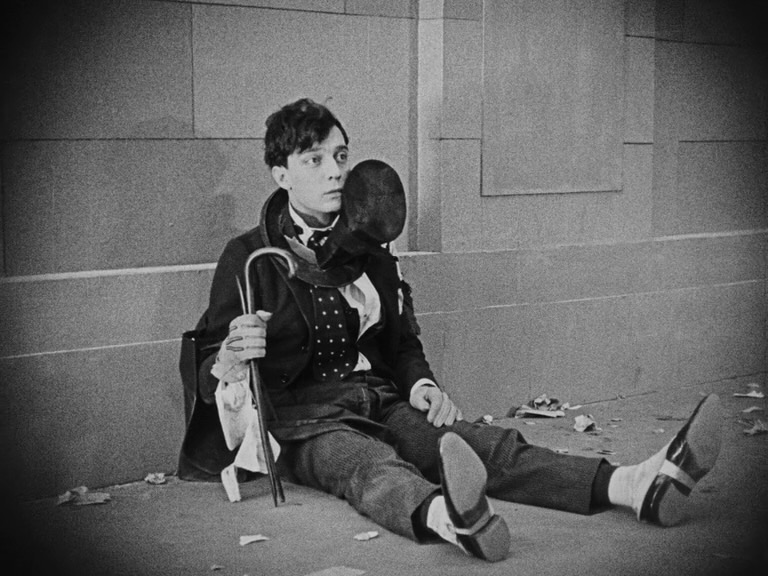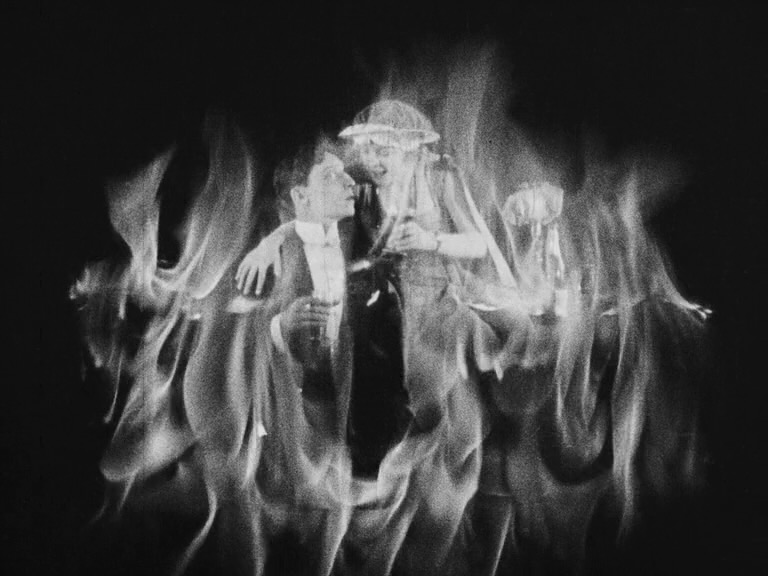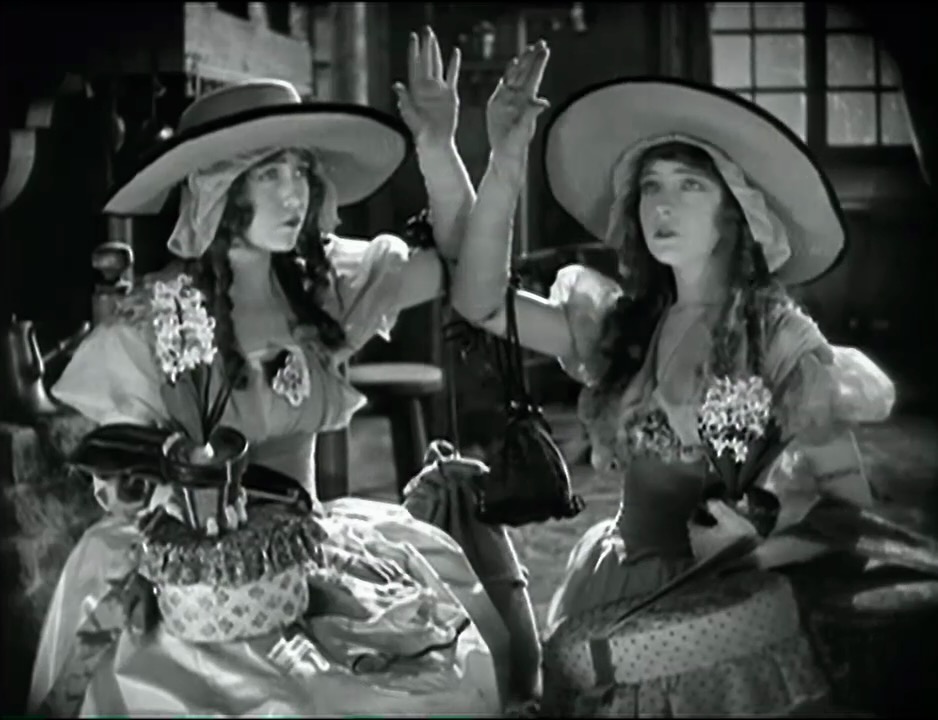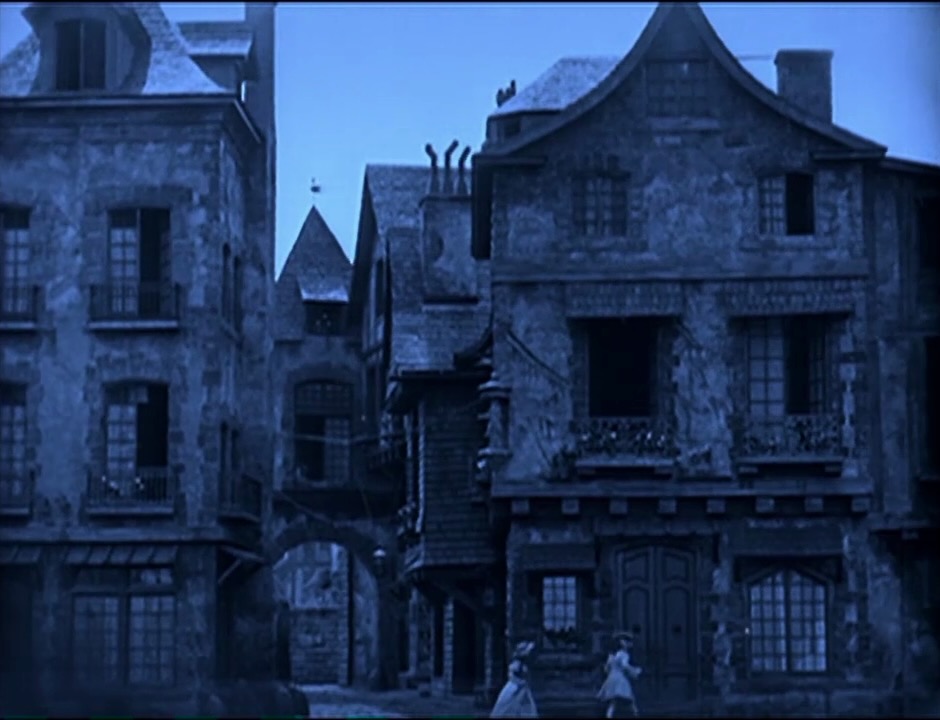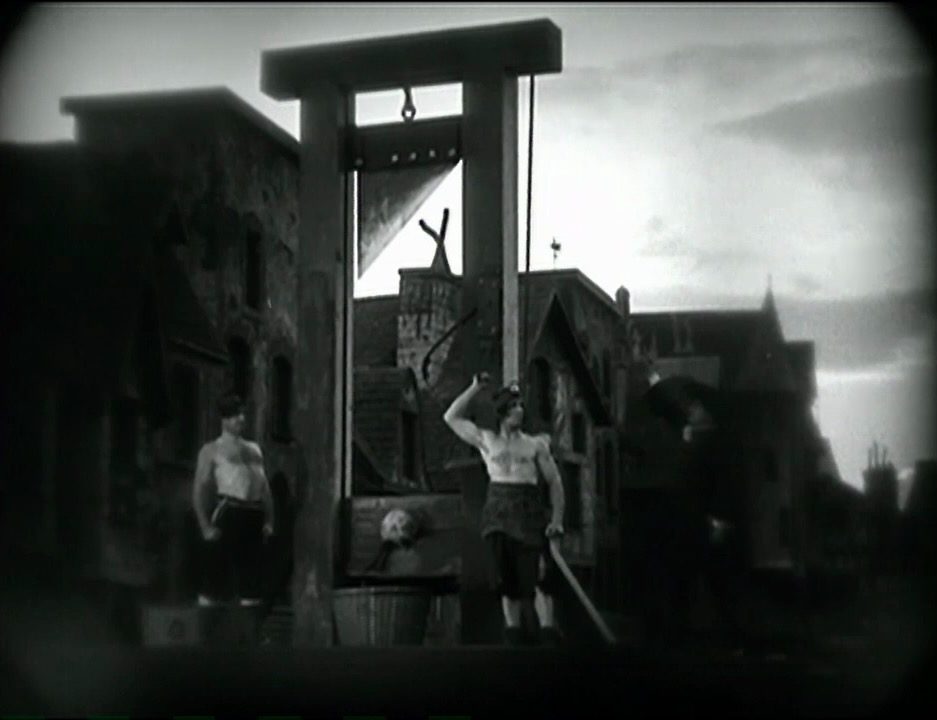Not a Buster Keaton movie, just a drama he starred in because Douglas Fairbanks was too busy, playing a pretty useless rich guy who gets mixed up in the affairs of a useless less-rich guy whilst trying to marry his adopted sister. Keaton adds minor gags where he can, but was heading down a different path, his own One Week released a few days earlier.
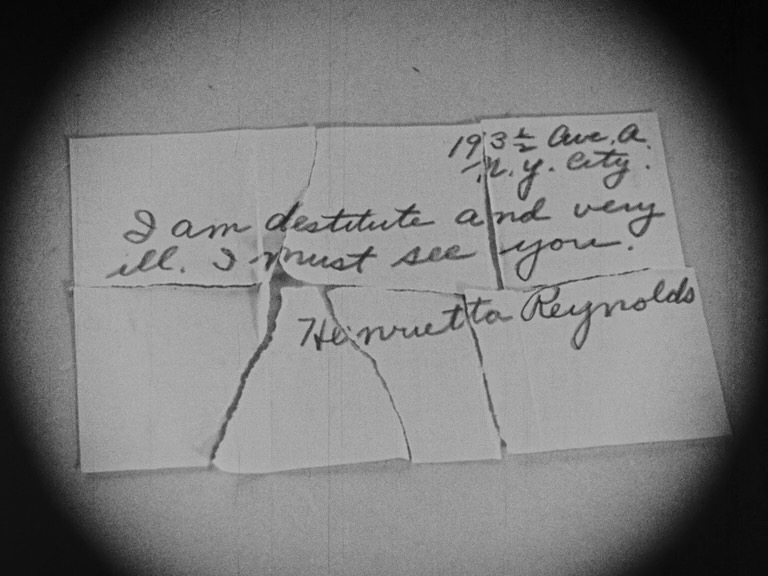
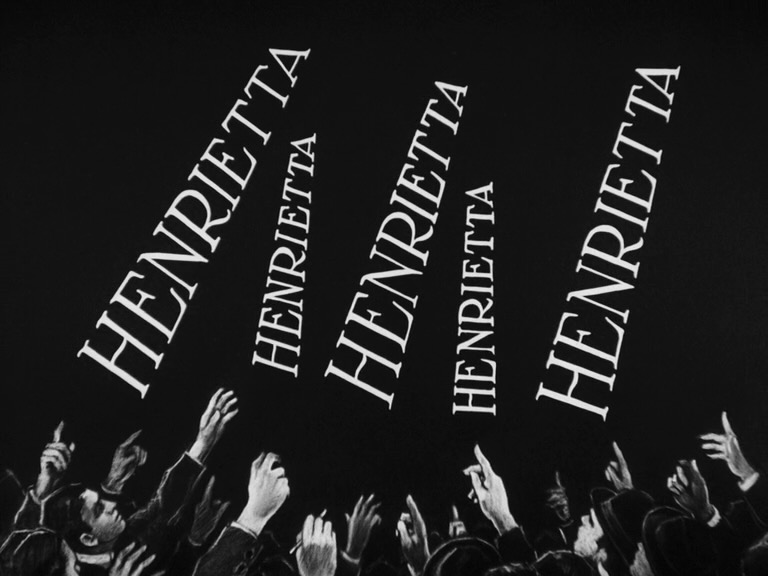
Shitty Mark is married to Buster’s sister, their moneybags businessman dad leaves town for a day and Mark trashes the business to distract from the discovery of his secret second family in Nebraska, who he’s pinned on Buster on the guy’s would-be wedding day. Boring business stuff ensues, while Buster blows off steam knocking off people’s hats on the stock exchange and unwittingly saving the day, and Mark literally dies of shame. Writer June Mathis also wrote Ben-Hur and Greed, was considered a major force in Hollywood when she died suddenly in 1927.
